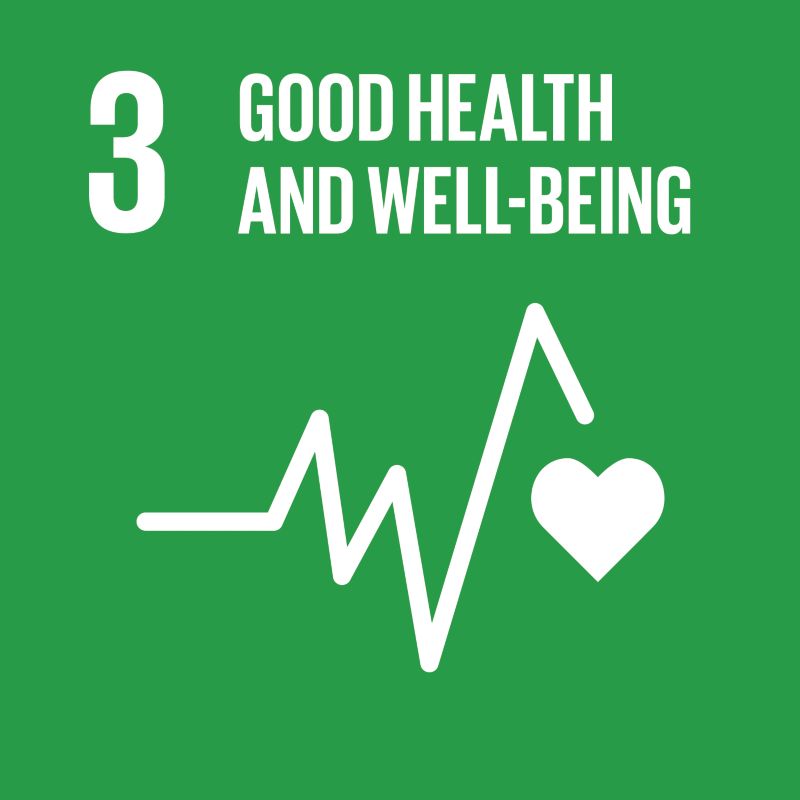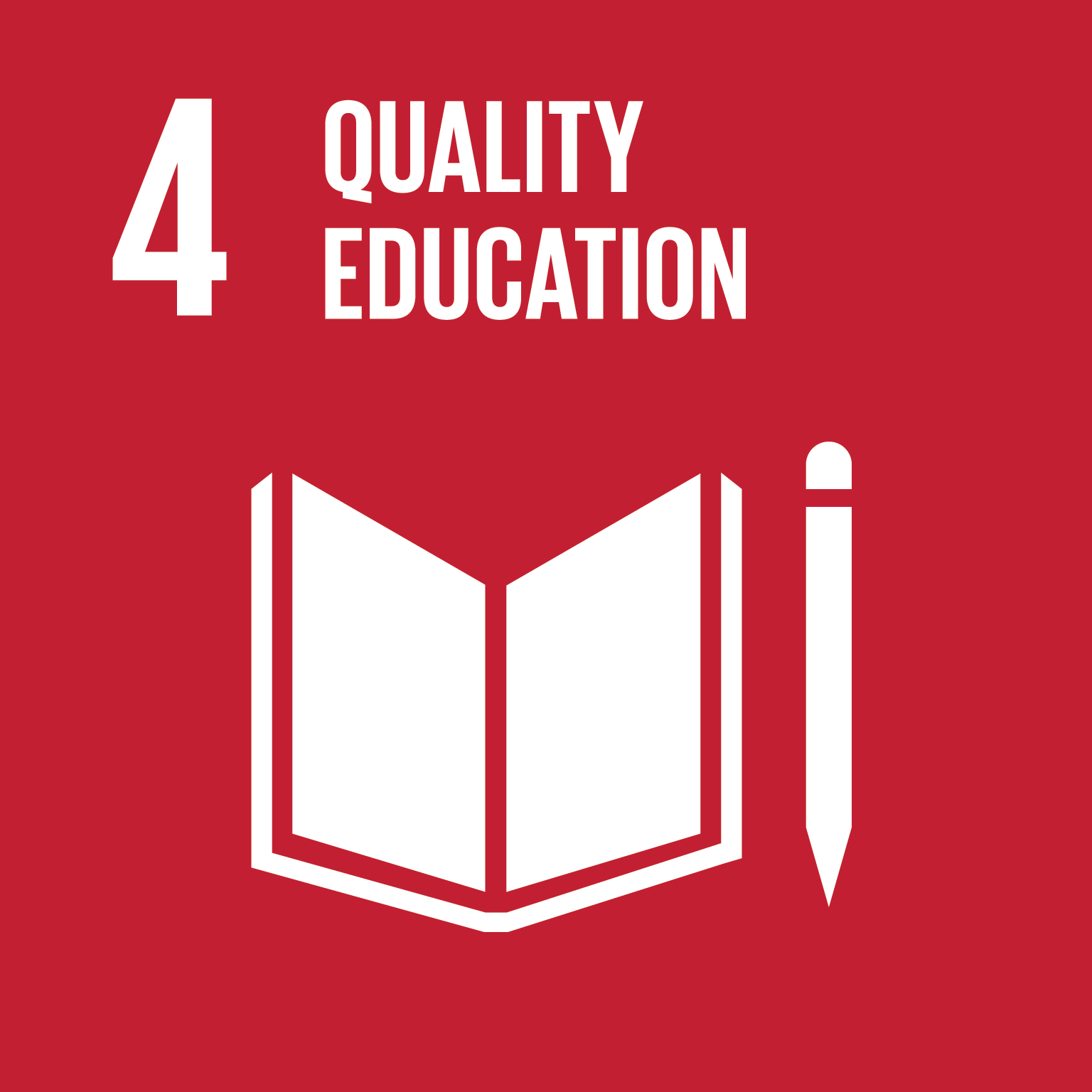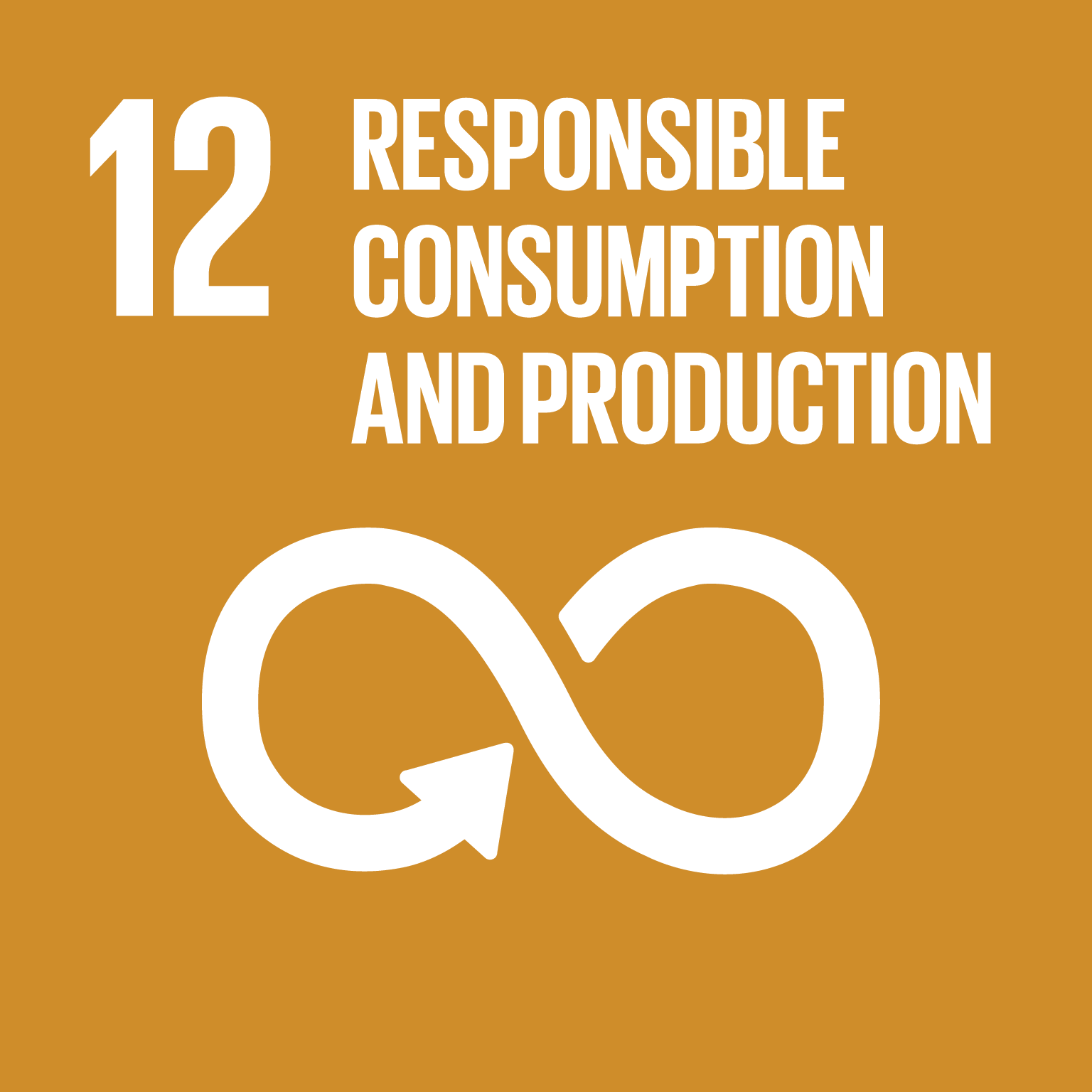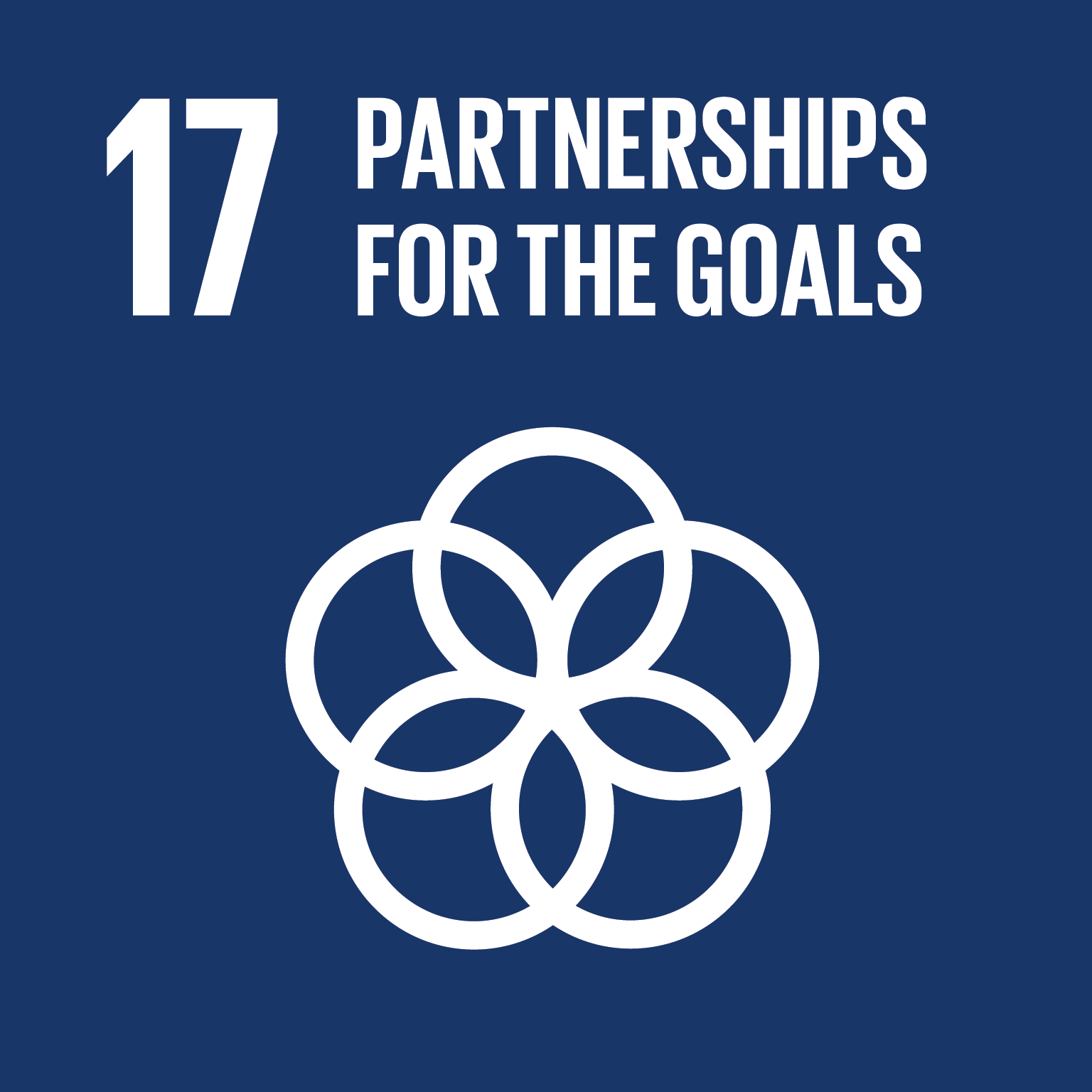The air quality project was initiated in 2019 by the US Consulate General in Ho Chi Minh City, and implemented and executed by RMIT University in coordination with UNICEF Vietnam, Saigon Innovation Hub and Clean Air Asia.
The air quality project was initiated in 2019 by the US Consulate General in Ho Chi Minh City, and implemented and executed by RMIT University in coordination with UNICEF Vietnam, Saigon Innovation Hub and Clean Air Asia.
Thirteen Air Quality Monitors (AQM) have been installed at local schools and social organisations across Ho Chi Minh City, in an effort to raise awareness of the increasing levels of air pollution.
The RMIT project team, led by Lecturer Nguyen Huu Nhan, worked closely with local schools and social groups to install 13 AQMs across eight districts to teach children more about the air that they breathe.
According to Mr Nhan, the positive impact of the installations was already emerging. Since installing an AQM at Thanh Da Secondary School, students have become more willing and proactive in environmental movements including sorting rubbish, reducing waste, planting trees and wearing face masks to assist with air filtering
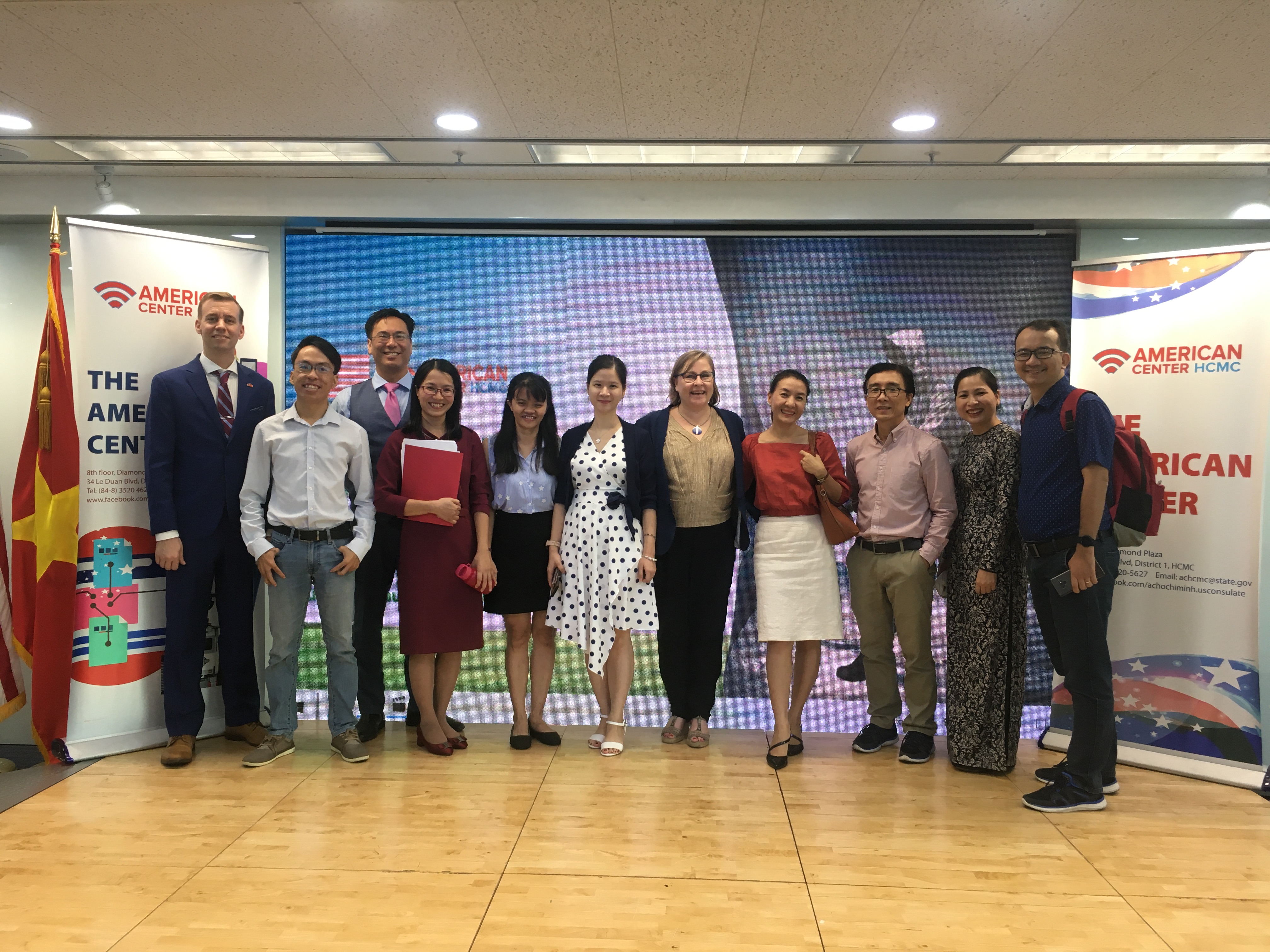
With the 13 new installations, the number of operating AQMs in Ho Chi Minh City now totals 18. Users can access to air quality index measured by the AQMs on AirVisual mobile application. The data collected from the AQMs is expected to become a useful source for policymakers, government, industry and schools to revise the traffic and infrastructure system and waste disposal, and consider other environmental solutions.
Project timeline: 2019-2020
Key contributors: Nguyen Huu Nhan
